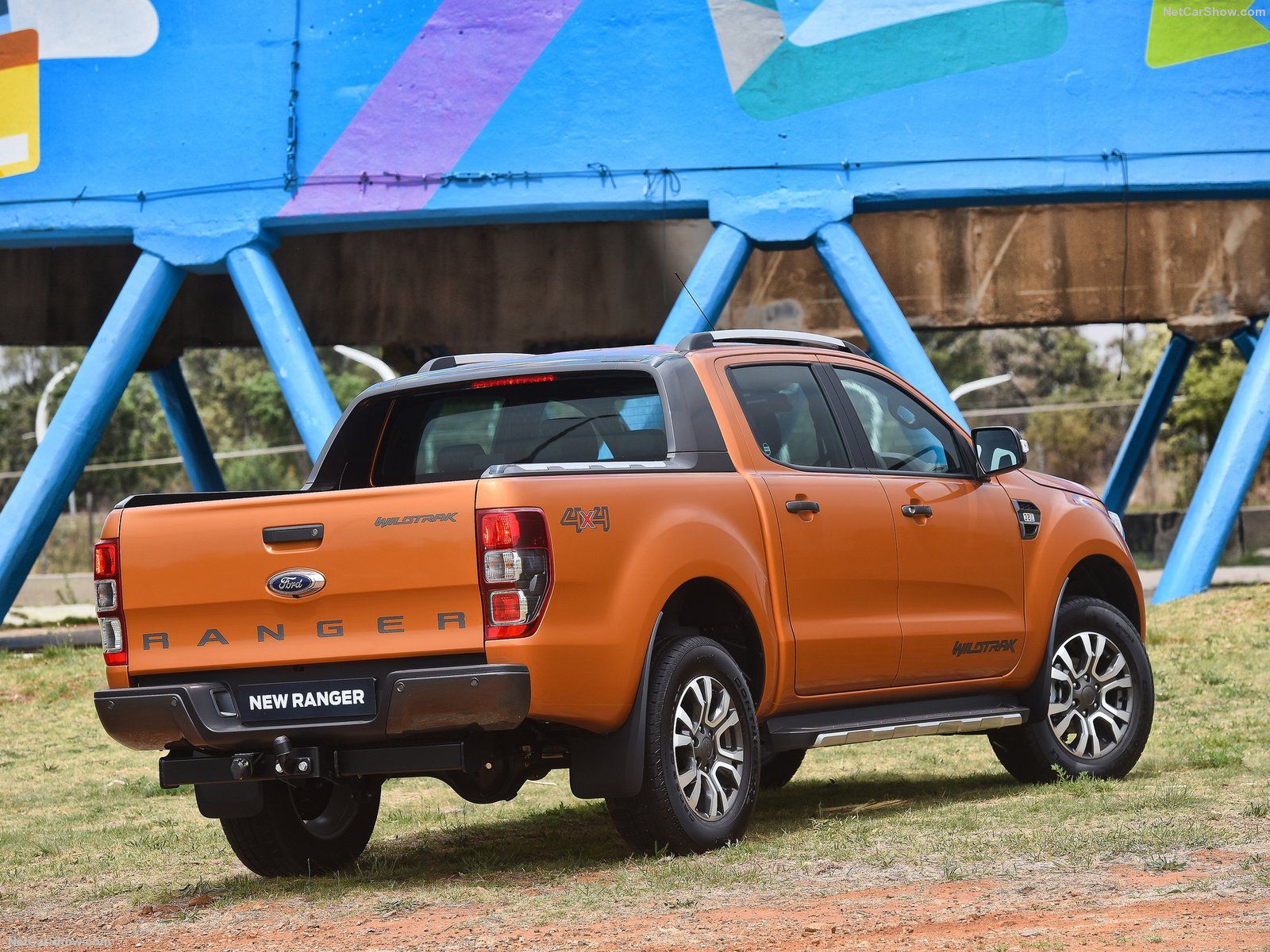Thailand vehicles market in 2017 started to recovered having bottomed down the long crisis. Sales improved 13.4% despite the leader, Toyota has lost. Several brands reported substantial performance, including the Europeans Volvo and Volkswagen.
Thai economic remains caught between a strong external position, underpinned by a large current account surplus, and a fragile domestic economy. Export growth reached a multi-year high in August, indicating healthy demand for Thai goods.
Despite solid import growth, private consumption remains sluggish as high household debt and weak jobs growth eat into consumers’ pockets. Manufacturing output, on the other hand, beat annual growth expectations in August, seemingly putting an end to its hitherto volatile growth trajectory.
A recovery started just in the 2017, positively impacted by the possibility, after 5 years of ownership, to re-sell vehicles purchased during the “first car buyers” 2012 incentive campaign. Indeed according to data released by the Thai Automotive Industry Association the 2017 total vehicles sales have been 871.644 (+13.4%).
Brand-wise, the market is dominated by Toyota that in the year sold 239.551 vehicles (-2.0%) losing share at 27.5%.
Isuzu was second with 160.550 units (+12.1%) followed by Honda with 127.678 (+19.0%), Mitsubishi with 69.737 units (+25.9%), Nissan with 59.709 (+39.9%), Ford with 56.156 (+37.1%), Mazda with 51.355 (+20.7%) and Suzuki with 25.011 (+9.2%).
Tables with sales figures
In the tables below we report sales for all Brands, top 10 Manufacturers Group and top 10 Models











